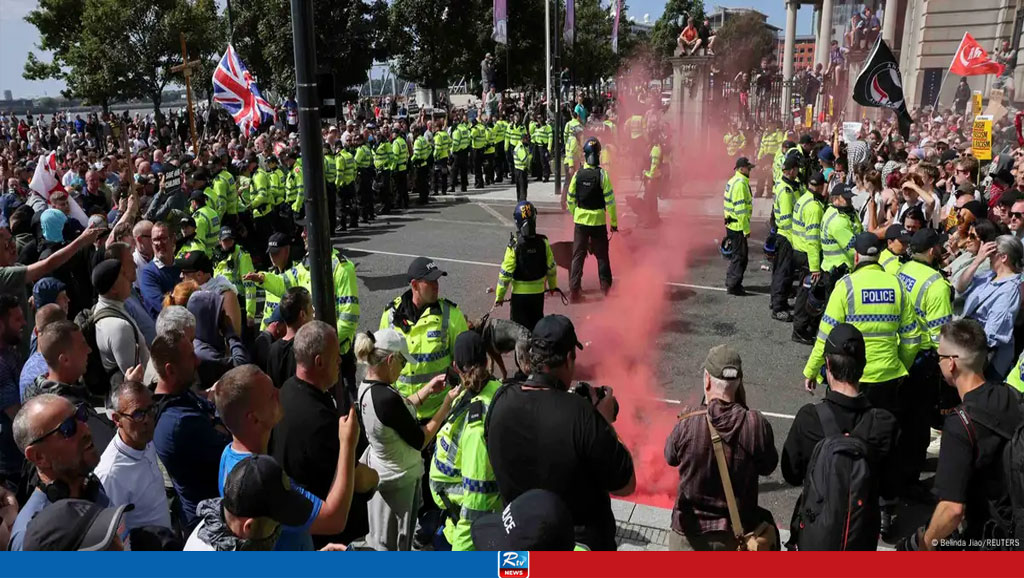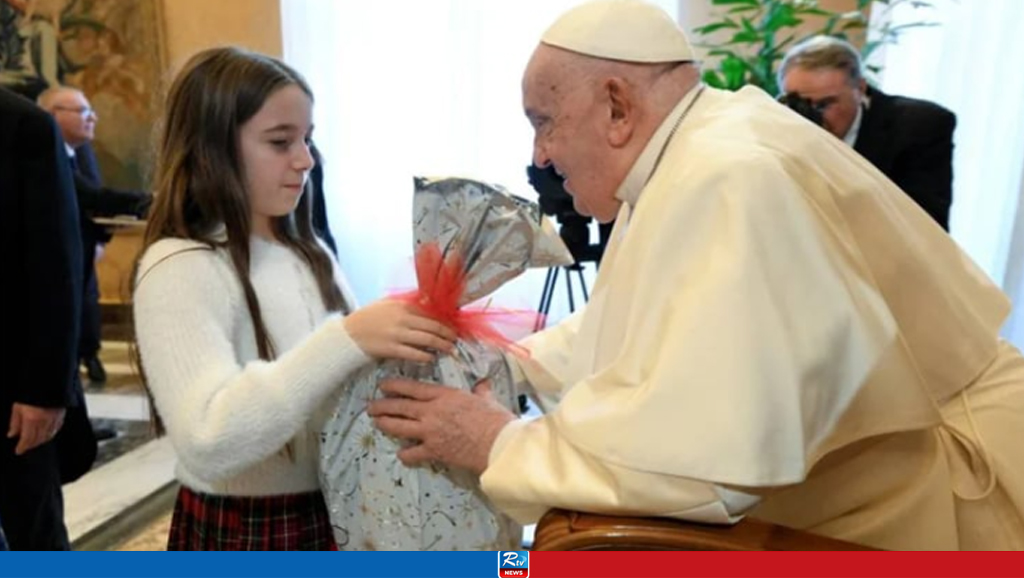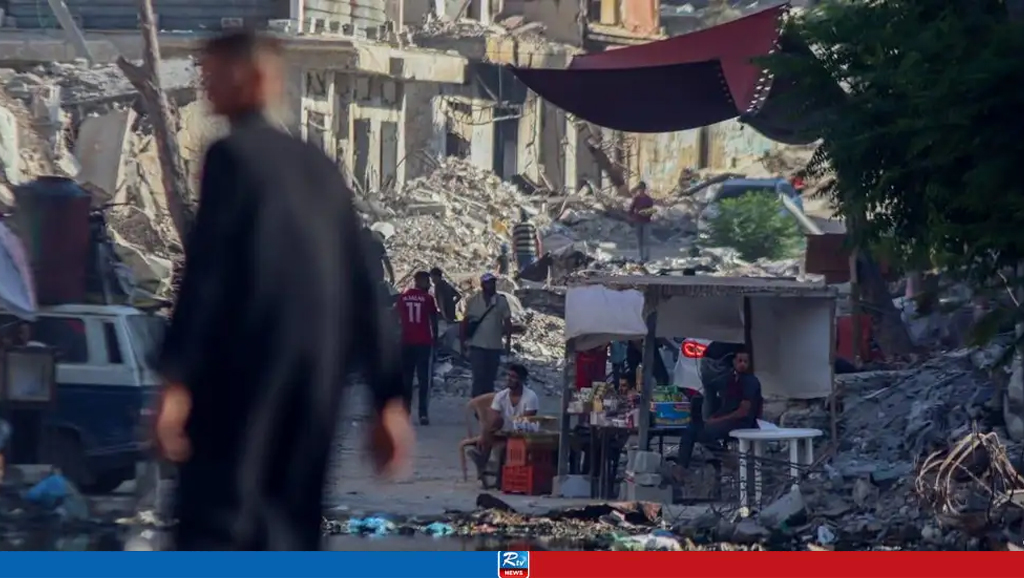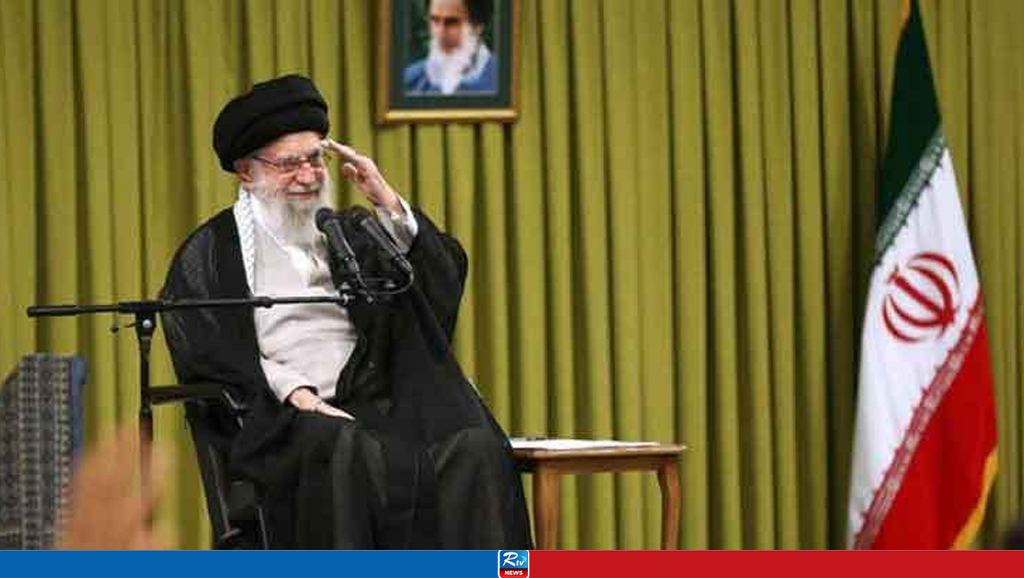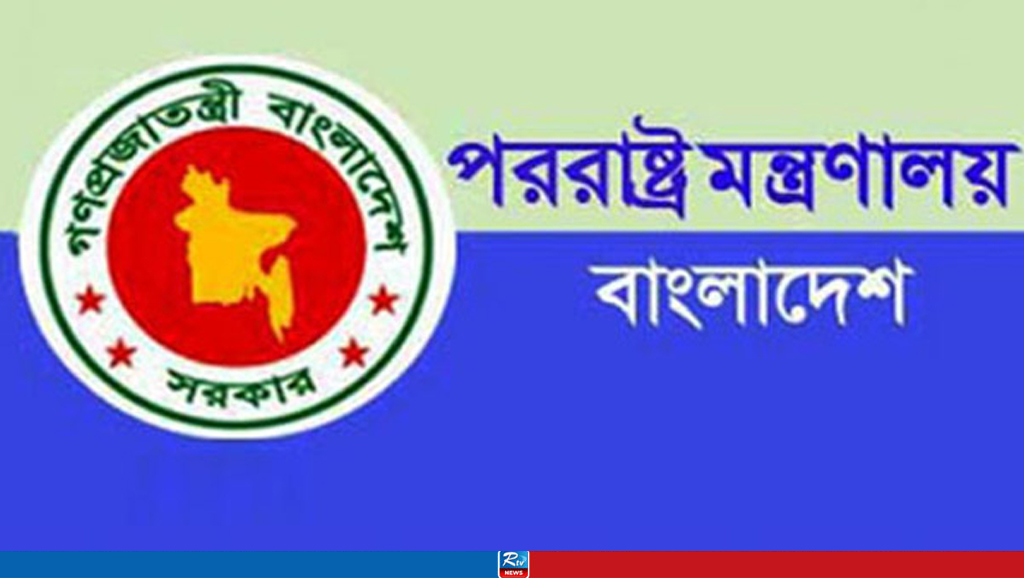War in Gaza: An alternative voice for peace from Israel
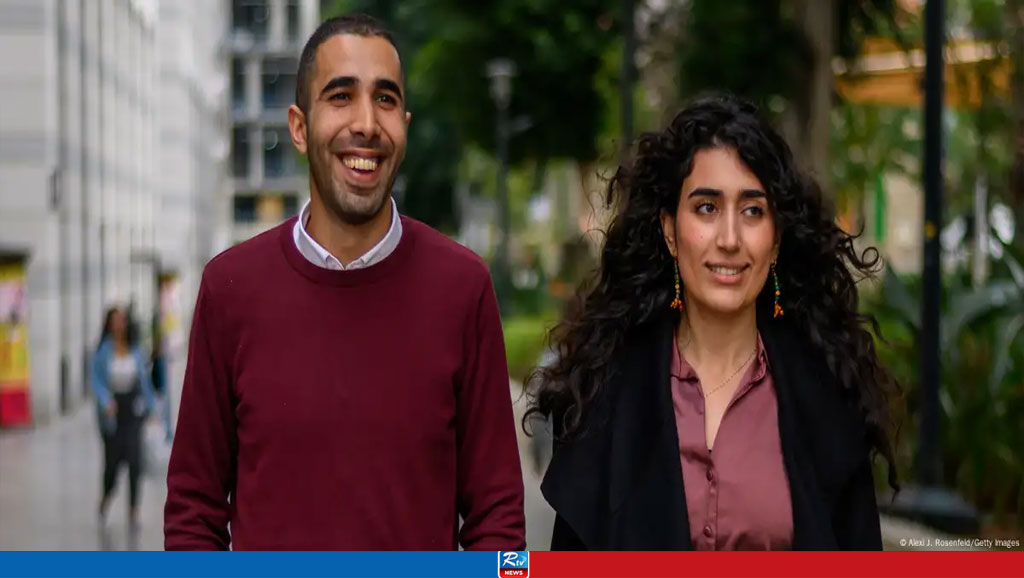
Neither "pro-Israel" nor "pro-Palestine": Two young activists who identify as Palestinian-Israeli have started a podcast to seek alternatives to violence and polarization. They want their identity to be recognized.
Maoz Inon's parents were among the first victims of the Hamas attacks in Israel on the morning of October 7. Yet two days after the tragedy, despite his pain, it was very clear to him that he didn't want revenge.
"Revenge won't bring my parents back. Nor will it bring back any of the other Israelis and Palestinians who have been killed," he wrote soon afterward.
That night, Inon, an Israeli entrepreneur and peace activist, had a dream. He describes it in an interview for the podcast "Unapologetic: The Third Narrative." The ground before him was thick with blood, and he was weeping — along with the whole of humanity, all wounded by the war. "We were crying, we were all crying. And our tears went down our face and to our bodies, and washed our bodies, and healed us… And then our tears went down to the ground and washed the blood."
It wasn't a nightmare, says Inon. It was a vision of a better future without bloodshed.
Hamze Awawde also dreams about the conflict. On the same podcast, the Palestinian author and peace activist talks of dreaming that Israeli soldiers have come to kill him and his family, just as they killed his cousin.
Awawde says he became a peace activist because he believes hope is not a feeling but something that you do. "Waiting for two states feels like waiting for the Messiah," he wrote in one of his recent essays.
Political identity
What Awade and Inon have in common is their hope for an end to the current war in Gaza, which has claimed the lives of nearly 40,000 civilians according to recent death tolls. That is why they were invited onto the podcast. The format was established in October 2023, after the Hamas-led attack in Israel. Germany, the US, the EU and others designate Hamas as a terrorist group.
The two founders, Amira Mohammed and Ibrahim Abu Ahmad, are among the many Arabs in Israel who have Israeli citizenship. According to Israel's Central Bureau of Statistics, this group constitutes around 17% of the population. In total, at least 21% of people living on Israeli territory are Arab.
Amira and Ibrahim define themselves as Palestinian Israelis. Surveys show that the majority of their community does the same. On a political level, though, it's an identity they have to fight for, as the state of Israel rejects the possibility of Palestinian identity for its citizens. Instead, it refers to them as "Arab Israelis."
In an interview with DW, Amira explains that she is convinced Palestinian Israelis like her could, and should, play a key role in the Middle East conflict precisely because of their identity.
"Whether it's about if you want to call what's going on a war or genocide, or what exactly happened on October 7, or on the number of the people dying in Gaza — we're not going to agree. But we have to agree on the future," she says.
Opposing black-and-white thinking
Amira and Ibrahim envision a future beyond the current polarization. "What we want to create here, with this initiative, is a third narrative in the West," Ibrahim explains. This is why they are primarily addressing a Western audience.
"What the West created is a sense of a black-and-white. You're either pro-Israeli, or you're pro-Palestinian," Ibrahim comments in the first episode.
"Instead of using it like a football match, cheering for Messi or Ronaldo, you guys [in the West] should use your platform to criticize all parties equally," says his colleague Mohammed.
Their approach has proved to be successful. The podcast has as many as 180,000 listeners per episode and around 30,000 followers on Instagram.
'Too Israeli' or 'bad Arab'
However, despite their success, the two activists deal with setbacks daily. There is resistance from all sides, Mohammed says. When she speaks Arabic in public, Israelis look at her with alarm. And when she speaks Hebrew without an Arab accent, Palestinians don't trust her.
"Everyone starts to delegitimize you, in a way. If I am 'too Israeli,' I am siding with the oppressor. If I am 'too proud of being a Palestinian,' I am justifying terror, I'm a 'bad Arab,'" she says.
Mohammed is convinced that the dual identity she shares with many others is a source of untapped potential in this conflict.
"We know both cultures. We can feel the Palestinian pain. But we can also feel the pain of the Israelis," she says. "But as long as we are not recognized as Palestinian Israelis, we cannot be the kind of translator, the medium. We're a minority, but we want to be represented and seen as what we are."
Conflicting emotions
She was especially conscious of her dual identity on October 7. "It was a disaster of emotions. I didn't know what I am supposed to feel."
As Mohammed sought shelter from the bombs in a stairwell in southern Israel, not far from Gaza, she was glued to her phone, watching images of the events happening in real-time. She saw Palestinians break through the border fence that, for the past 30 years, had confined them to Gaza's 365 square kilometers — an area not even half the size of Hamburg, with a population of more than two million.
"Seeing those Gazans flee out, seeing that liberation, I felt a little bit of relief. They deserve to be free," Mohammed says.
But the people who broke through the fence were not in search of freedom. They murdered at least 1,200 people, set fire to homes, and took hundreds of hostages back with them to Gaza.
Still in the stairwell, Mohammed started seeing pictures of the corpses of young women and hostages being taken to Gaza. The building she was in was shaking as bombs fell around it. And she remembers thinking: "This could also have been me. This was the moment in which I felt my Israeli side."
'We all deserve better'
More than nine months after the Hamas attack on Israel, the war in Gaza continues. It has taken a terrible toll: According to the UN, more than 39,000 people have been killed in Israeli attacks on Gaza, and 120 hostages, both Israeli and of other nationalities, are still being held captive by Hamas. There is no immediate prospect of peace.
Nonetheless, the two podcasters continue their work. They want to show solidarity with both Palestinians and Israelis and be allowed to criticize both sides without having to justify themselves, says Mohammed.
"We want to stop the bloodshed. Palestinians, Israelis, Christians, Jews, Muslims — we all deserve better."
Comments
NATO Chief Rutte Talks Security With Trump in Florida
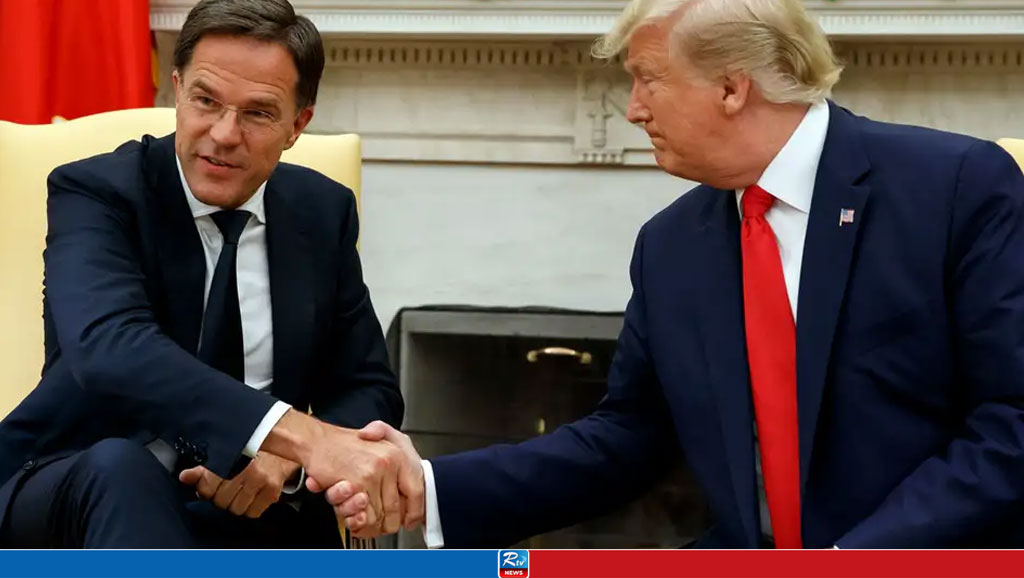
More Countries Vow to Arrest Netanyahu Under ICC Warrant
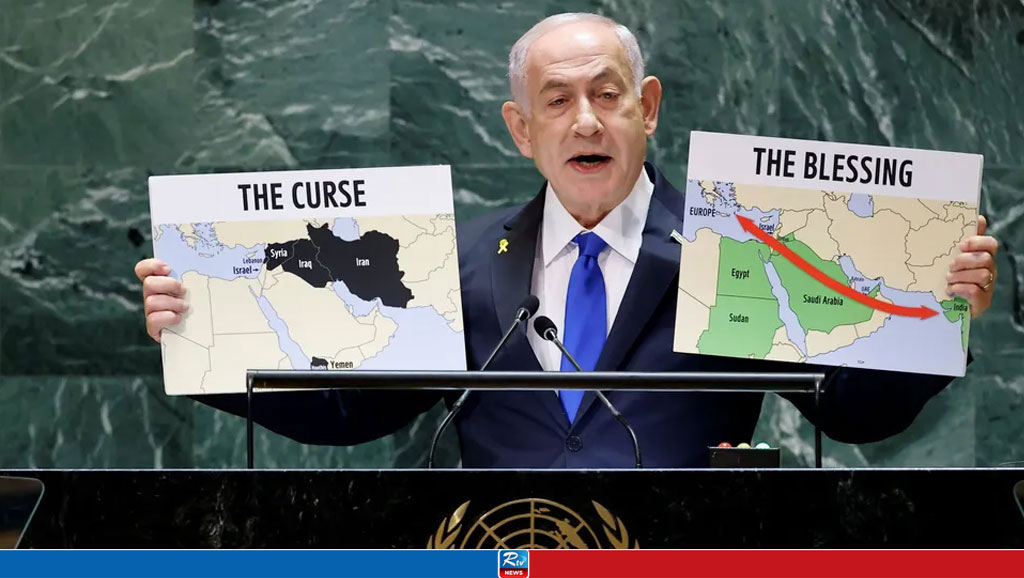
British King Charles May Visit Bangladesh
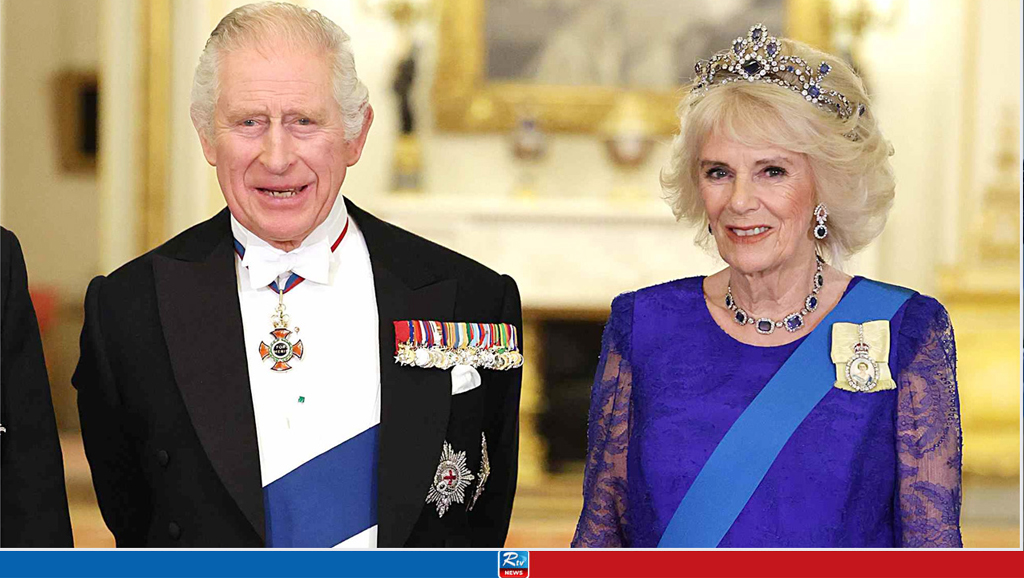
ASEF Executive Committee Meeting Held in Singapore
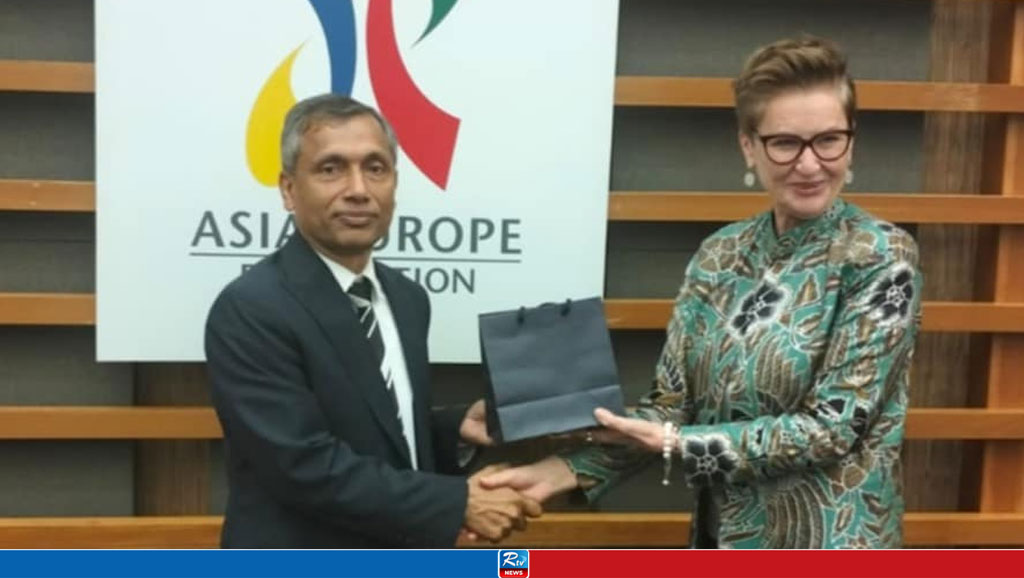
UNGA Decides to Hold High-Level Conference in 2025 to Propose a Time-Bound Plan
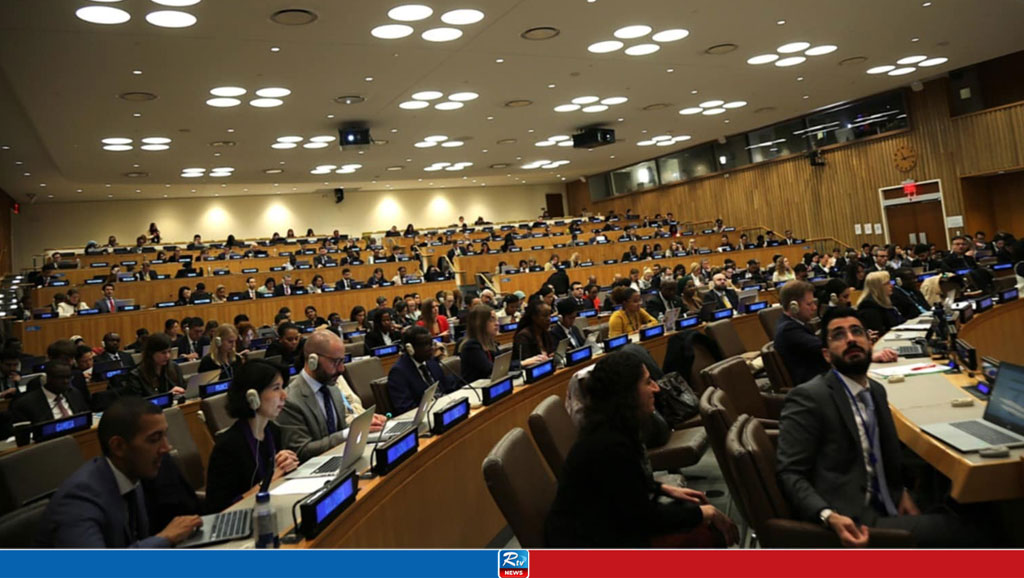
Calin Georgescu Leads Romania's Presidential Race in First Round
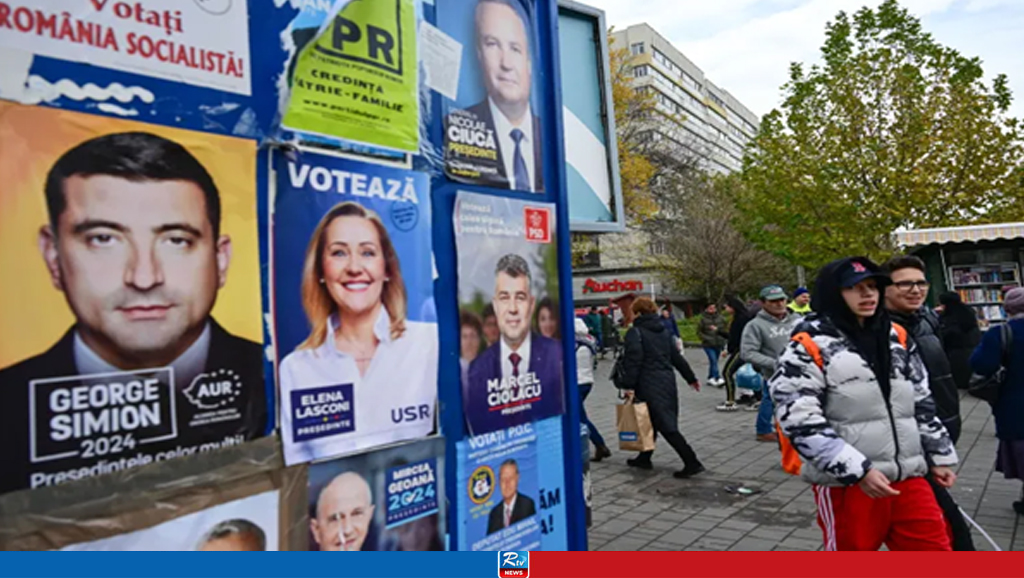
DHL Cargo Plane Crashes Near Vilnius Airport in Lithuania
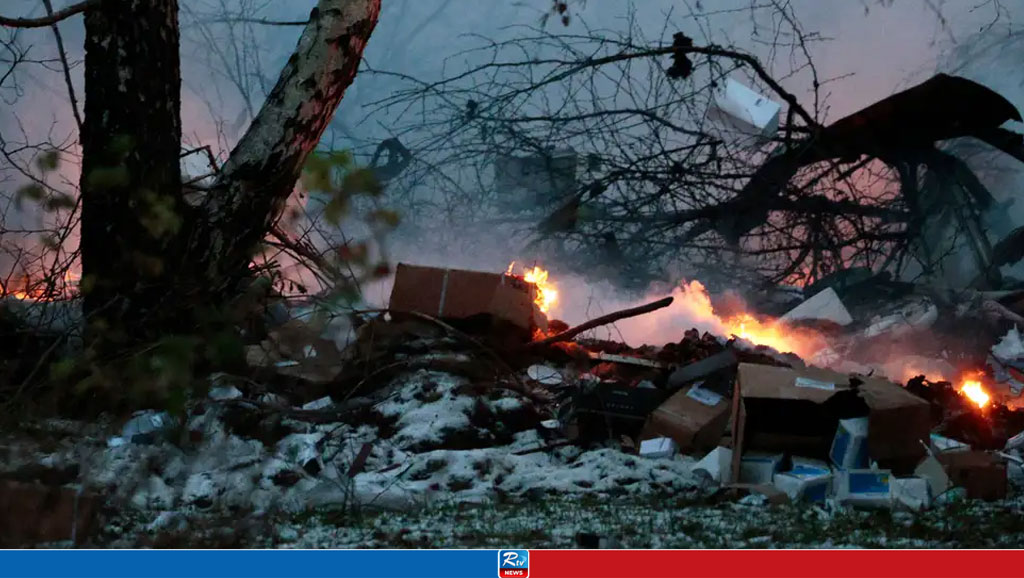

 Live Tv
Live Tv

